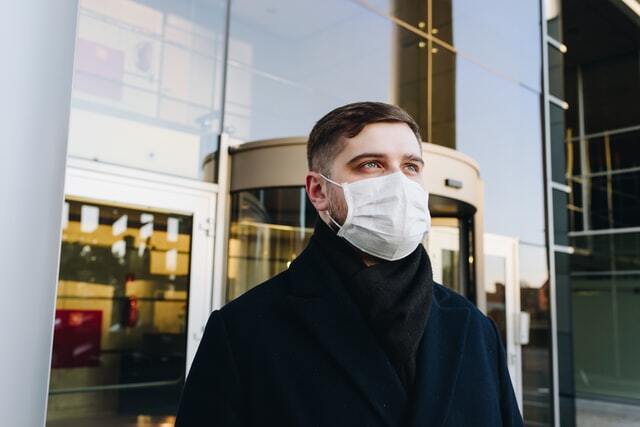
A time of quarantine is a difficult period in life. Cambridge Dictionary defines quarantine as “a period of time during which an animal or person that might have a disease is kept away from other people or animals so that the disease cannot spread.”
Merriam-Webster Dictionary explains it as a state of “isolating diseased people from normal relations or communications.” This is the period in which both the diseased and her/his kin undergo severe psychological trauma.
For a diseased person, the time of quarantine is a period of social isolation. People who hail from the Asian context cannot imagine about a time of quarantine. For them, it is almost closer to death. As Asians are integrally connected to the rest of the society, they cannot survive without the ‘other.’
During Biblical times, quarantine was strictly practiced. Mosaic Law gives instructions concerning people with infectious diseases. It states that ‘as long as a person has infectious disease, s/he remains unclean; s/he must live alone; s/he must live outside the camp’ (Lev 13:46). That means, a person with infectious disease is labelled as an “unclean” person, the said person has to live “alone,” and s/he has to live “outside” the camp.
Similarly, 2 Kings 7:3 warns that people with leprosy were put out of the city gate. During the Corona/Covid-19 period, a large number of people around the world underwent similar situations: first, they are treated as “unclean”; second, they are forced to live “alone”; and third, they are led to live “disconnected” from the rest of the society.
A similar situation is foregrounded in the Johannine narrative. In Biblical times, a disabled person was not treated as ‘unclean’ as in the case of a leper or a person with infectious diseases. But John’s story gives us an indication that even the disabled people were put together in seclusion.
The location here is: “in Jerusalem,” “near the Sheep Gate,” and “by the pool of Bethesda” (5:2). The narrator states that “a great number of disabled people used to lie—the blind, the lame, and the paralyzed” (5:3). Here, we see a person who had been invalid for 38 years (5:5).
In today’s context, if a person is put in quarantine, s/he is put under observation and is assisted with medical care. In the case of this person, there was no one to help him into the pool when the water is stirred (5:7). It implies that the family members dumped him to the present situation.
Though the water is adjacent, he is unable to enjoy the benefits of the miraculous medication. His situation is a prolonged quarantine of 38 years without human assistance. He was considered ‘unworthy’ (hence, he was dumped into this situation); he spent thirty- eight years among ‘other disabled’ (hence, his thought-world was shaped accordingly); and he was put ‘outside’ the mainstream society (so, he was a marginalized person).
Once in a day, an angel from heaven descended from above and stirred the water of the pool. The one who jumps first into the water was healed. As per his testimony, while he was trying to get in, someone else always went ahead of him (5:7b). In that sense, he was doing his ‘work’ all the days. Still, almost all the days turned out to be frustrating for him.
Jesus enters the setting and asks him: “Do you want to get well?” (5:6b). Jesus heals him and the man picks up his mat and walks (5:8, 11). Jesus says: “My Father is always at his work to this very day, and I, too, am working” (5:17). A person who was in quarantine worked for a prolonged period of 38 years; but he was frustrated all the days. The Father in heaven works through Jesus to rescue and redeem us from social isolation, times of quarantine, and ultimately from Corona/Covid-19. Let us believe in God/Jesus who works.
Rev Dr Johnson Thomaskutty serves as the Associate Professor of New Testament at Union Biblical Seminary, Pune, India.
Photo by Anastasiia Chepinska on Unsplash
For Other Articles by Dr Johnson Thomaskutty
Believing is Living









